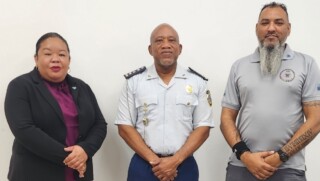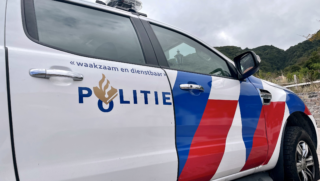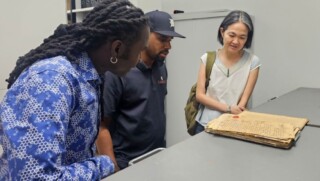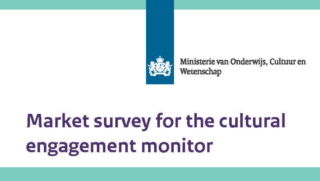Growing tension between Curaçao and Sint Maarten over flight permits
WILLEMSTAD – Tension and considerable irritation have arisen over the issuance of flight permits between Curaçao and Sint Maarten. After the bankruptcy of Jetair, Winair, operating from Sint Maarten, requested a permit to conduct an additional four weekly flights. However, the Curaçao Civil Aviation Authorities (CCAA) only authorized these extra flights for a preliminary period of two weeks, deviating from Winair’s request.
Winair is surprised by CCAA’s rigid stance, believing that, based on the Multilateral Protocol on the Liberalization of Air Transport within the Kingdom of the Netherlands, it should be allowed to operate these flights without restriction. However, the matter is more complex than it appears at first glance, as the Sint Maarten Civil Aviation Authority (SMCAA) has been delaying the issuance of a similar permit for nearly a year for Z Air, which operates from Curaçao and Bonaire.
SMCAA’s hesitation is due to the fact that Z-Air would serve the Curaçao-Sint Maarten route using aircraft with U.S. N-registration. SMCAA demands a written declaration from either Z-Air or CCAA, provided by the U.S. Federal Aviation Authority (FAA), stating that operational control is transferred to or remains with the CCAA.
Letter
CCAA director Peter Steinmetz explained to ABC Online Media that it is indeed customary for the country of registration to provide a written statement transferring operational supervision to the country from which the airline operates. “The United States, however, does not do this with any country, including Curaçao,” Steinmetz explained. The FAA has noted in correspondence that Z-Air is an airline with an Air Operator Certificate (AOC) from Curaçao and assumes that its operations are under CCAA’s supervision.
Steinmetz sees no reason for Sint Maarten to refuse the necessary permits to Z-Air due to the lack of such an agreement with the United States.
The situation is further complicated by the fact that the multilateral protocol between the islands and the Netherlands specifically calls for granting flight permissions with minimal procedural delay for airlines from each other’s territories. This raises the question of whether SMCAA’s actions are contrary to this provision and whether their demands are reasonable, given that the United States does not make such agreements with any country, including Curaçao.
Protectionism
Various parties ABC Online Media spoke with view SMCAA’s actions as a thinly veiled attempt to protect its own Winair as much as possible. After all, Sint Maarten owns 93% of Winair’s shares and has an interest in protecting Winair and ensuring it has a favorable competitive position. SMCAA, of course, disagrees with this assertion.
Interestingly, Aruba and Colombia have no objections to Z-Air’s use of U.S.-registered aircraft and have issued the necessary Foreign Air Operators Certificates without further requirements.
N-Registration
It is not uncommon for airlines to operate with aircraft registered in another country, including the United States, but also from Aruba with its P4 registration. For example, Colombian airline Avianca operates with a fleet of which about 80% of aircraft are registered in the United States, bearing N-registration, similar to Z-Air.
Z-Air director René Winkel expressed little understanding for Sint Maarten’s actions. “In practice, this means we must comply with both CCAA’s supervision and requirements and maintain our aircraft according to FAA standards for N-registered aircraft. I see this as an extra guarantee that our planes are in optimal condition. But SMCAA seems to see it differently.”
Court
On Thursday, a summary proceeding was held in Sint Maarten in which Z-Air seeks to compel SMCAA to issue the requested permit promptly. A decision on this summary proceeding is expected within approximately two weeks.













